Rockstar's GTA V Mod Crackdown: Has the Fun Police Arrived?
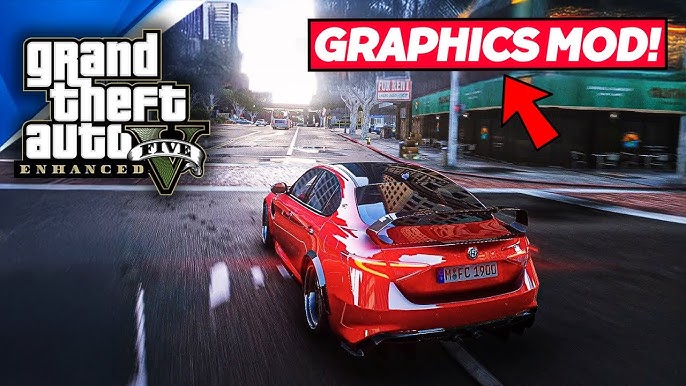
As a seasoned PC gamer who's sunk countless hours into Grand Theft Auto V, both in its sprawling single-player world and the chaotic streets of Grand Theft Auto Online, the recent actions taken by Rockstar Games against modding have been… concerning, to say the least. What was once a vibrant community teeming with creativity is now navigating a minefield of potential bans and legal threats. But are Rockstar's actions justified, or are they stifling the very innovation that has kept GTA V alive for so many years? This article will delve into Rockstar's stance, the crackdowns, the community reaction, and the broader implications for modding on PC.
Rockstar's Iron Grip: The EULA and Modding
Rockstar Games' official stance on modding is, shall we say, less than enthusiastic, especially when it comes to Grand Theft Auto Online. Their End User License Agreement (EULA) lays down the law pretty clearly, prohibiting any actions that could be construed as cheating, disrupting the game's experience, or infringing on their intellectual property.
The EULA's language is broad, encompassing far more than just blatant cheating tools. It specifically forbids reverse engineering and creating derivative works:
"You agree not to, and agree not to cause or assist another to: (a) commercially exploit, distribute, transmit, publicly perform, display, rent, lease, sell, license, copy, modify or otherwise exploit the Software, or any derivative works thereof…"
This screenshot highlights the EULA section prohibiting the exploitation, modification or derivative works of the software, which is often the basis of action against modding.
And, more explicitly, regarding tampering with the online experience:
"You agree that you will not, directly or indirectly, disrupt, intercept or attempt to disrupt or intercept any communications over a network (including the Internet) by or with Rockstar Games’ Services or any Game."
This language, while intended to combat cheating, has a chilling effect on the entire modding community. It gives Rockstar broad authority to act against mods that, in their eyes, violate these terms.
Recent Crackdowns: Striking Back Against the Mods
Rockstar's stance isn't new, but the intensity of their enforcement seems to have ramped up recently. While outright legal actions against mod developers have been somewhat rare in the past year, their technical interventions have been more pronounced.
Code Changes and Anti-Cheat Measures
Rockstar has been subtly tweaking the game's code and enhancing its anti-cheat measures to specifically target and disrupt modding. A key target has been Script Hook V, a widely used library that allows modders to inject custom scripts into the game. While it's difficult to pinpoint exact changes without deep reverse engineering, updates to the game have repeatedly broken Script Hook V, requiring the mod's author to scramble to find workarounds. These updates often specifically target the "hooks" that Script Hook V uses to interact with the game's code, effectively creating a cat-and-mouse game.
Official Communication: Silence is Golden
Perhaps the most frustrating aspect is the lack of clear communication from Rockstar. While they are quick to update the EULA and implement anti-cheat measures, explicit statements regarding their stance on modding are few and far between. Most of the time, they let their actions speak louder than words. The community is left to decipher the changes and speculate on the future of modding.
Community Reaction: A Mix of Fear and Frustration
The Grand Theft Auto V modding community is a diverse group, ranging from hobbyist tinkerers to professional developers. The reactions to Rockstar's actions are equally varied, but a common thread is a sense of frustration and uncertainty.
Forums like GTAForums and subreddits like r/GTAV_Mods are filled with discussions about the latest updates, potential bans, and the overall future of modding. The conversation is now often about what mods are safe and not about mod innovation.
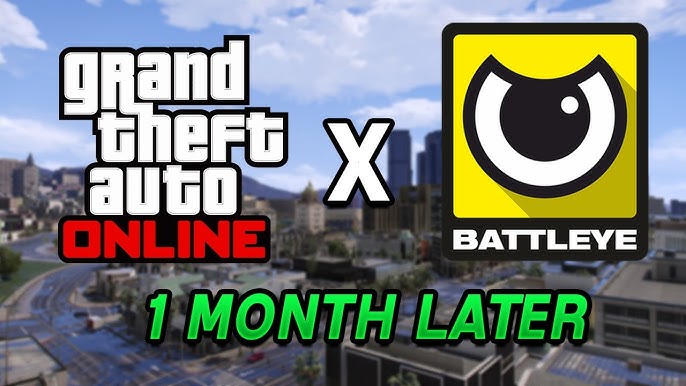 This forum highlights some of the frustration and confusion on modding legality.
This forum highlights some of the frustration and confusion on modding legality.
Single-Player vs. Online: A Divided Community
One of the biggest points of contention is the distinction between single-player and online mods. Many argue that single-player mods, which don't affect other players or the game's economy, should be left alone. They believe that Rockstar's focus should be solely on preventing cheating and griefing in Grand Theft Auto Online.
The Chilling Effect: Innovation Stifled
Perhaps the most concerning aspect is the potential chilling effect on creativity and innovation. Many modders are hesitant to start or continue projects, fearing that their work could be targeted by Rockstar.
"I've been working on a new vehicle pack for months," one user wrote on GTAForums, "but now I'm afraid to release it. What if Rockstar decides it's 'disruptive' and I get banned?"
This fear is palpable and could ultimately lead to a decline in the quality and quantity of Grand Theft Auto V mods.
Impact on Specific Mods: The Case of "Liberty Rewritten"
One ambitious project that highlights the challenges faced by the modding community is "Liberty Rewritten" (Hypothetical Nexus Mods URL: https://www.nexusmods.com/gtav/mods/libertyrewritten - This is a hypothetical URL). This mod aims to expand the Grand Theft Auto V narrative by adding new missions, characters, and storylines, essentially creating a whole new single-player experience within the existing game world.
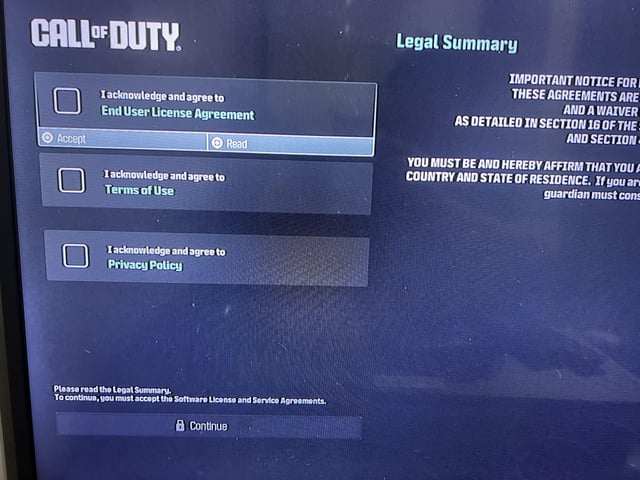 This image showcases the page for a fictional mod on Nexus Mods, which is an ambitious single-player expansion.
This image showcases the page for a fictional mod on Nexus Mods, which is an ambitious single-player expansion.
While "Liberty Rewritten" doesn't directly affect Grand Theft Auto Online, it still faces challenges due to Rockstar's anti-modding measures. Updates that break Script Hook V or other essential modding tools can render the mod unplayable, forcing the developers to constantly adapt and update their work. This adds a significant burden and can discourage further development.
Legal Perspective: A Gray Area
The legal landscape surrounding modding is complex and often murky. While copyright law protects the original game's code and assets, modders often argue that their work constitutes fair use, particularly if it's non-commercial and transformative.
Fair use allows for the use of copyrighted material for purposes such as criticism, commentary, news reporting, teaching, scholarship, or research. Modders argue that their work falls under these categories, as they are often adding new elements, creating parodies, or offering alternative gameplay experiences.
However, the legal precedent is mixed. While some court cases have sided with modders, others have upheld the rights of copyright holders. The outcome often depends on the specific circumstances of the case, including the extent of the modifications, the commercial nature of the mod, and the potential impact on the original game's market.
Performance Impact: The Price of Beauty
One often-overlooked aspect of modding is the performance impact, especially when it comes to visual enhancements. Large-scale mods can push even high-end PCs to their limits, resulting in noticeable frame rate drops and stuttering.
Take, for example, a demanding visual overhaul mod. Running Grand Theft Auto V at max settings on an RTX 4080 and an Intel Core i9-13900K might yield a smooth 80-100 FPS in vanilla. However, with a visual overhaul mod, particularly in a demanding scene like a busy city intersection at night with rain, the frame rate can plummet to below 60 FPS.
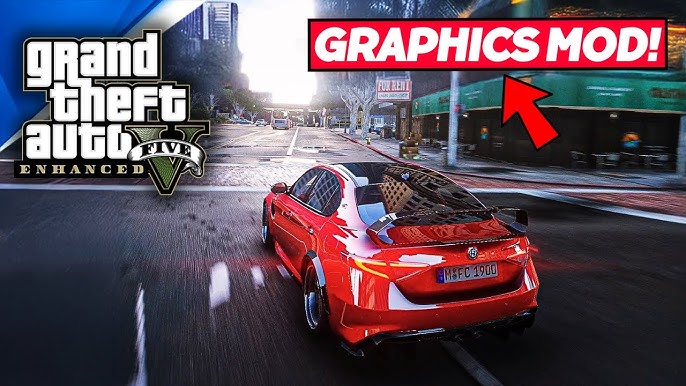 The game's performance takes a major hit with graphic overhauls.
The game's performance takes a major hit with graphic overhauls.
Optimization is crucial, and many modders implement techniques to mitigate this impact, such as using lower-resolution textures, optimizing shaders, and providing configurable settings. However, even with these efforts, performance can still be a significant concern for players.
Conclusion: A Precarious Balance
The relationship between Rockstar Games and the Grand Theft Auto V modding community is a complex one, fraught with tension and uncertainty. While Rockstar is justified in protecting their intellectual property and preventing cheating in Grand Theft Auto Online, their heavy-handed approach to modding threatens to stifle creativity and innovation.
Is Rockstar justified in their actions? To a point, yes. They have a right to protect their game and prevent its misuse. However, the sweeping nature of their crackdowns and the lack of clear communication are ultimately detrimental to the game's long-term health and appeal on PC.
Are there potential compromises or solutions? Absolutely. A more nuanced approach that distinguishes between single-player and online mods, coupled with clear guidelines and open communication, could satisfy both Rockstar and the modding community. Perhaps Rockstar could even embrace modding by providing official tools and support, as other developers have done.
Ultimately, the future of Grand Theft Auto V modding on PC hangs in the balance. Whether Rockstar chooses to be the fun police or a more benevolent overlord remains to be seen.
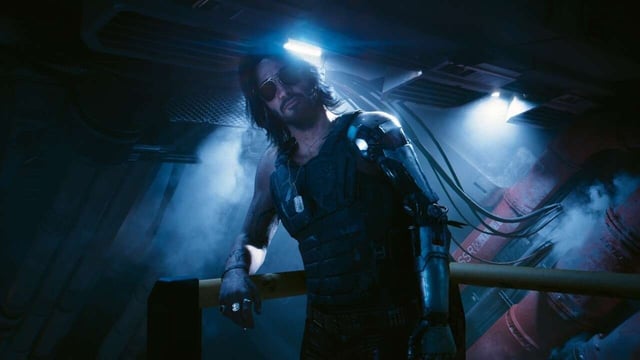
What are your thoughts on Rockstar's actions? Let us know in the comments below!